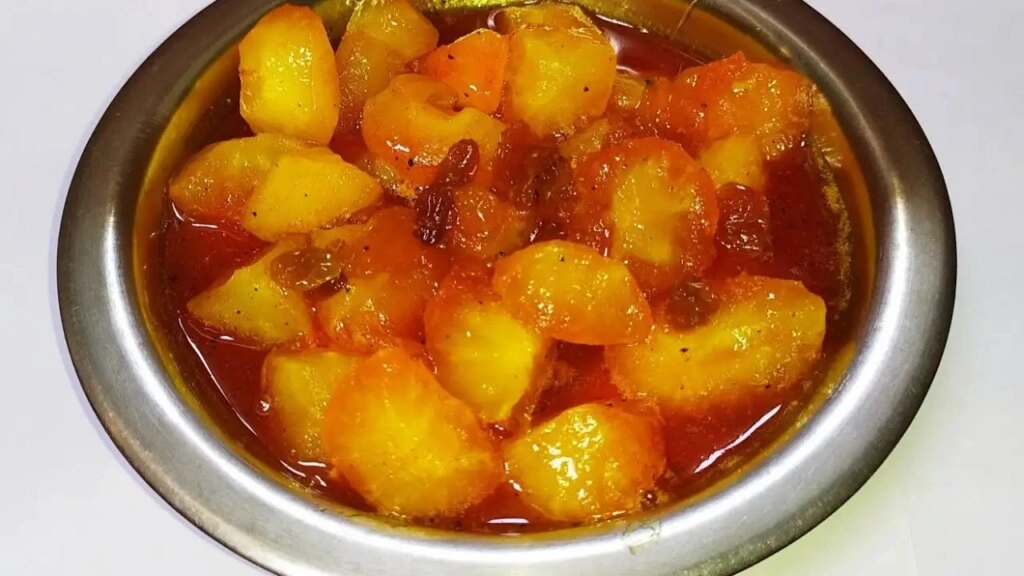Navratri, a significant Hindu festival, is celebrated with immense devotion and fervor across India and by the Indian diaspora worldwide. This nine-night festival is dedicated to the worship of Goddess Durga and her various forms. One of the key aspects of Navratri is the observance of fasting or ‘Vrat’ by many devotees, which often involves specific dietary restrictions. During this period, the food consumed is not only meant to be pure and sattvic, aligning with the spiritual essence of the festival, but also adheres to traditional practices that vary across different regions and communities.
When it comes to spices, there are certain ones that devotees typically include in their meals during Navratri. Commonly accepted spices include cumin (jeera), coriander (dhania), black pepper (kali mirch), and rock salt (sendha namak). These spices are considered suitable as they promote digestion and are believed to enhance the flavors of the simple dishes typically prepared during the fast. Additionally, turmeric (haldi) is often used for its antiseptic properties and health benefits. These spices not only add taste but also align with the fasting guidelines, allowing devotees to maintain their energy levels while adhering to the spiritual significance of the festival.
On the other hand, there are certain spices and ingredients that are generally avoided during Navratri fasting. Particularly, those that are considered tamasic or rajasic, such as garlic, onion, and certain pungent spices, are excluded from meals. The rationale behind avoiding these ingredients is grounded in the belief that they can disturb the body’s equilibrium and hinder spiritual progress during this sacred time. Similarly, processed spices and those containing artificial additives are also discouraged, as they do not align with the purity that is central to the Navratri observance.
Understanding these dietary restrictions is crucial for those participating in the fast, as it not only ensures adherence to tradition but also promotes overall well-being. Preparing meals that comply with these guidelines can be both creative and fulfilling, allowing devotees to explore a variety of dishes made from allowed ingredients. As Navratri approaches in 2025, many will be looking forward to these culinary practices, which provide a unique opportunity to connect with their spirituality while enjoying the vibrancy of festive foods. By embracing the right spices and adhering to the rules of fasting, devotees can enhance their spiritual experience and celebrate this auspicious occasion with joy and devotion.




